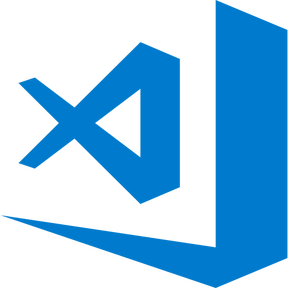I am Shubham. I am a software developer 💻 currently working at 🛒 Amazon.
- 📃 I’m currently learning about design patterns, cloud computing and trying to expand my knowledge in full stack web development.
- 💻 I have ~3 year of work experience as a developer at product based companies.
- 🏠 I usually spend my free time playing ♟️ chess, binging 📺 Netflix or experimenting with new 🧑💻 technologies.









